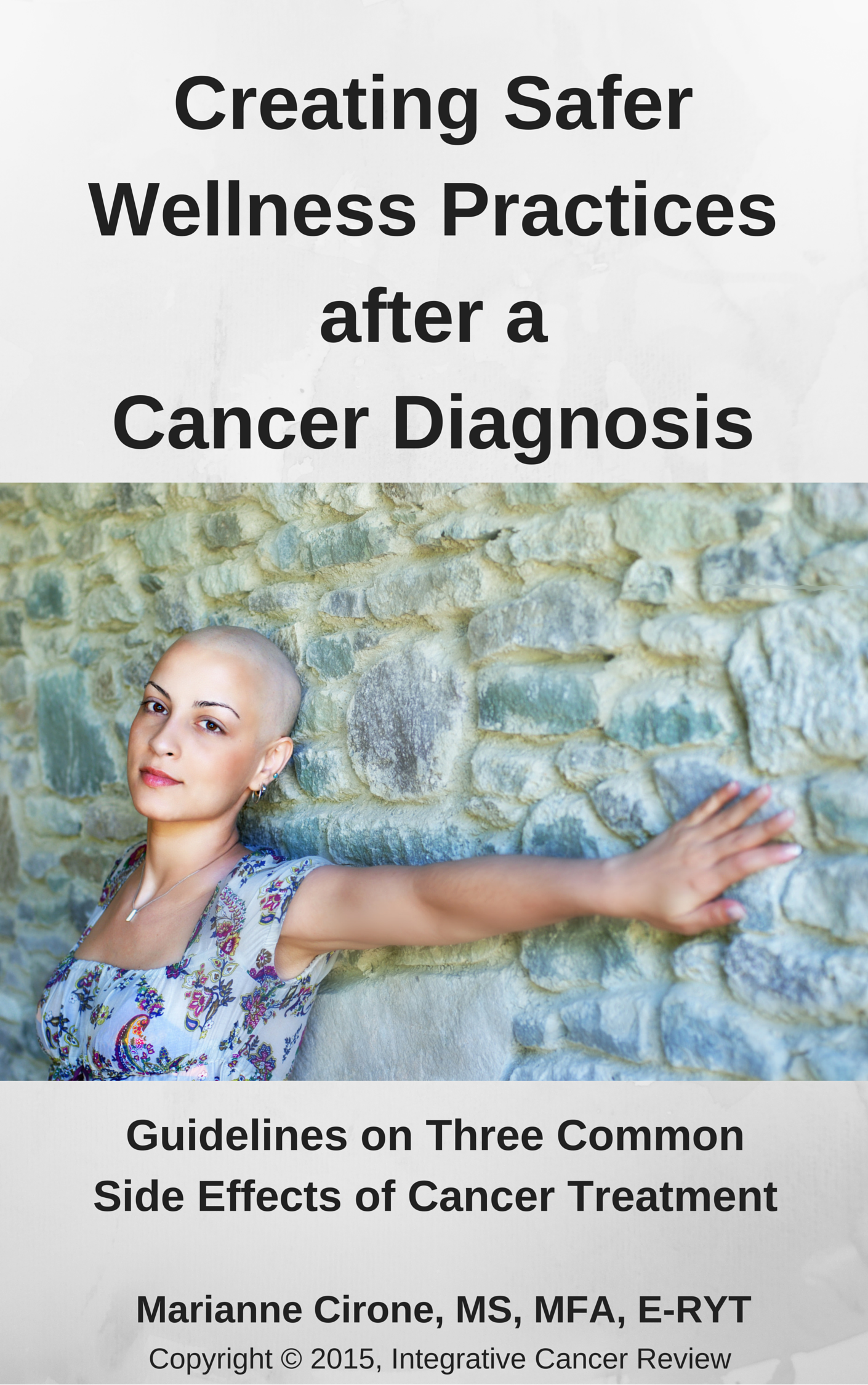
As the popularity of complementary and alternative medicines (CAMs) grows, a recent survey conducted by a team at the University Hospital Mannheim, Germany, concluded there is much more work needed to understand better and communicate risks of possible interactions with anti-cancer drugs.
Presented at the October 2018 meeting of the European Society for Medical Oncology (ESMO) in Lugano, Munich, survey results of 152 people with sarcoma, gastrointestinal stromal tumor, and desmoid tumors showed that more than half of those respondents had used alternative therapies in their lifetime, and more than 60 percent of those surveyed recognized “that information they had on safety issues was insufficient.” However, patients believed CAMs represented a low risk of drug-drug interactions.
While ESMO added that oncologists should strive to be the leading source of information for patients relating to their cancer care, the organization recognized the popularity and need to understand non-conventional therapies better.
Dr. Markus Joerger of Cantonal Hospital in St. Gallen, Switzerland, added that cancer centers “must invest in integrative medicine that combines medical anti-cancer treatments with non-conventional therapies. The average oncologist has poor knowledge of these alternative methods; this is mostly due to a lack of studies and databases in the field. More efforts are needed to understand how to deliver mixed treatment safely and to build up experience to better advise our patients.”
A first step, ESMO added, was to reach consensus on what integrative oncology means.
“Based on evidence collected so far in the breast cancer setting, ESMO has recognized the benefits of physical exercise, mindfulness-based stress reduction, hypnosis, yoga, and acupuncture in supportive care, while the use of antioxidants supplements, herbs, minerals, oxygen and ozone therapy, proteolytic enzymes, phytoestrogens, high-dose vitamins is not recommended as it has been associated with no beneficial effects or negative outcomes.”
By the Numbers: Why Try Complementary Therapies?
Cancer patients cited these reasons for interest and use of complementary and alternative therapies:
78%: strengthen my immune system
76%: improve my body’s powers
54%: reduce tension or stress
53%: leave nothing unattempted
49%: do something for me
45%: fight the tumor
37%: reduce side effects
34%: detoxify
Source: ESMO 2018 Congress
ICR Discussion: Communication with Oncologists
This study’s authors cite that one of two cancer patients use CAMs during treatment. Think about that fact alone: Half of the population is willing to try many different methods to stop a life-threatening disease or improve the quality of their lives while undergoing cancer treatment. While the Internet has provided a plethora of information, there is a need for patients and providers to collaborate on treatment plans to treat the whole patient safely. What strategies should patients use to help create a dialogue with oncologists about the use of CAMs? Do you think oncologists are willing to listen?
















